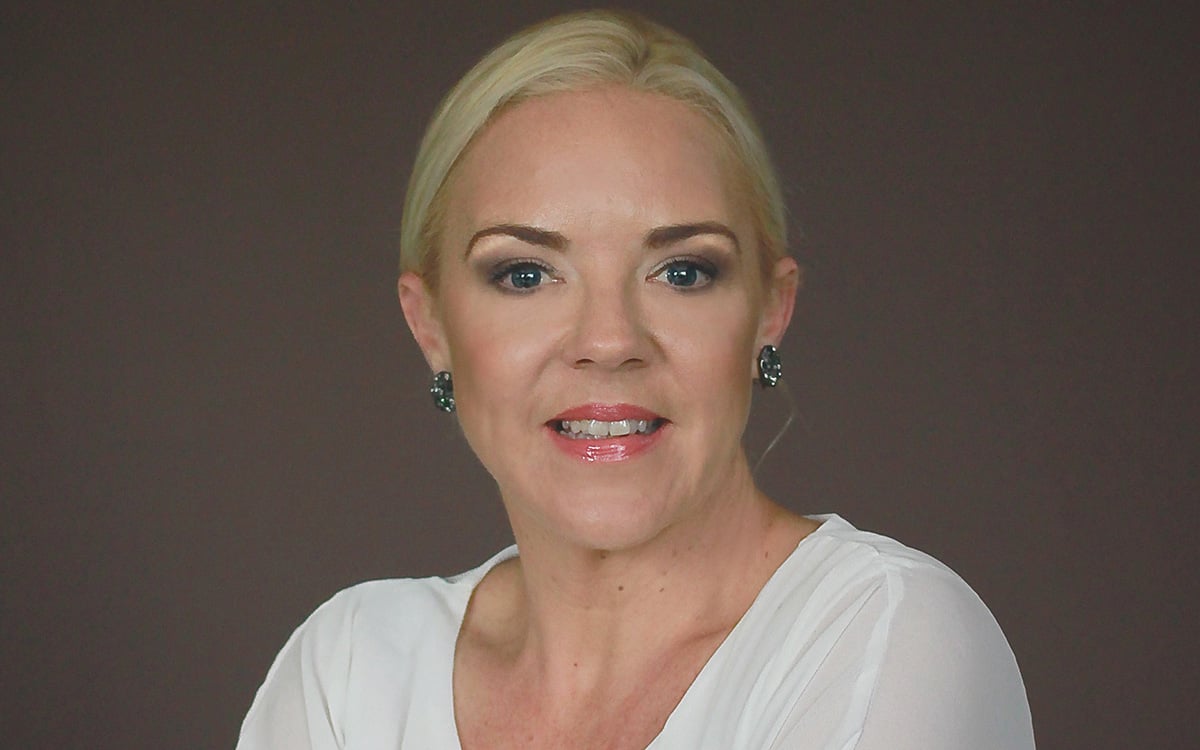“To change one life is a blessing — we’ve changed many. Have we changed enough? Certainly not,”
says Samantha Le Roux, founder and hands-on president of Cornerstone Woman.
Le Roux says that she attended “the school of life” and she left formal schooling at the age of 14 to run her family’s restaurant business. After working in hospitality in South Africa and London, she successfully pursued a career in IT. Her career took a turn when she established a mentorship business after realising her passion for uplifting and enlightening people.
Life took her on this new path after she got out of an abusive relationship of nearly eight years. “Eventually, I was locked out of my own home, my car was taken and all financial support was cut off,” she says.
With the support of her friends and family, Le Roux got back on her feet — stronger than ever. Realising that her recovery is not a reality for many victims of domestic abuse, Le Roux saw a glaring gap in the services that were available.
Knowing that these survivors have little to no support to regain their lives after destructive cycles of abuse and that families lack the necessary support to heal loved ones to regain their hope for a different future, Le Roux was inspired to establish a dynamic organisation.
Cornerstone Woman is a support network for victims of domestic abuse as they go through their processes of healing and getting back to living the lives they aspire to.
Cornerstone Woman is a faith-based not-for-profit organisation built around the idea of bringing healing to the family structure as a whole.
“We support everyone,” says Le Roux, who adds that society has viewed domestic abuse as a “low-income issue”, when it actually affects every sphere of society. She feels that the middle-to-affluent demographic has previously been misunderstood in this regard, and therefore these people often do not seek help for fear of judgement.
Cornerstone Woman supplies financial, legal and psychological support to sustainably help victims heal after trauma. Trauma can include the effects of intimate partner violence, criminality, addiction and many other issues affecting families.
The organisation’s family-centred approach incorporates the whole family unit in the healing process to enable a new start for all the parties involved.
Le Roux says: “We don’t want to be an organisation that encourages the breakdown of a family. We would rather be the organisation that puts families back together, and holds families together.”
Le Roux and her team, consisting of men and women who have been in abusive situations or witnessed them first-hand, have structured the organisation to openly accept potential victims who, in many cases, may be too afraid to reach out.
A risk analysis is completed and those in danger are helped to a place of safety when necessary. Thereafter, an interview is conducted, which professional counsellors and mentors use to inform an individual support programme according to the immediate and long-term needs of the person and their family.
Le Roux describes domestic abuse as an issue not confined to a particular race, gender or income group — it is a people problem.
She wishes to empower families to grow and heal together, as her family was able to with her. When asked what her proudest achievement is, Le Roux says it is changing the lives of women who have experienced domestic violence, and being a mother to her three children.

























